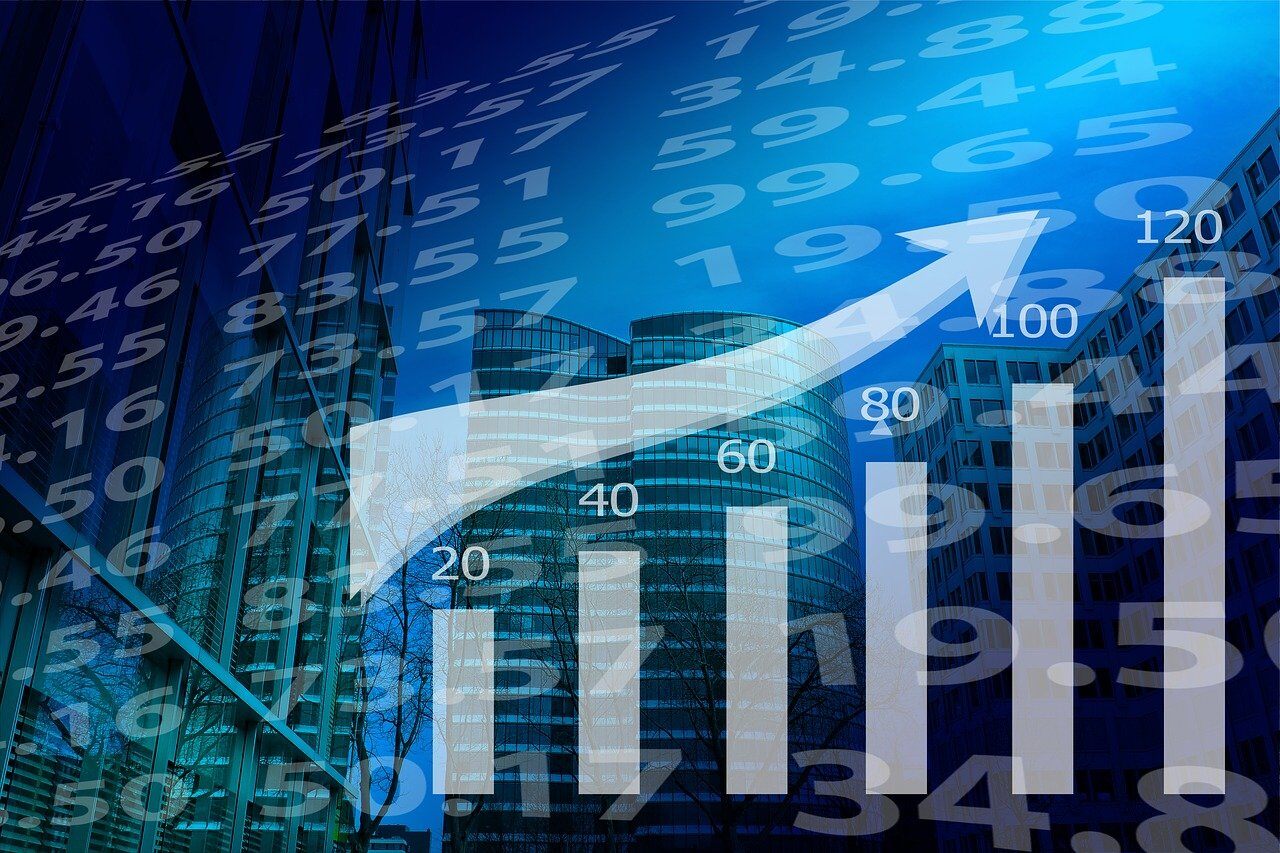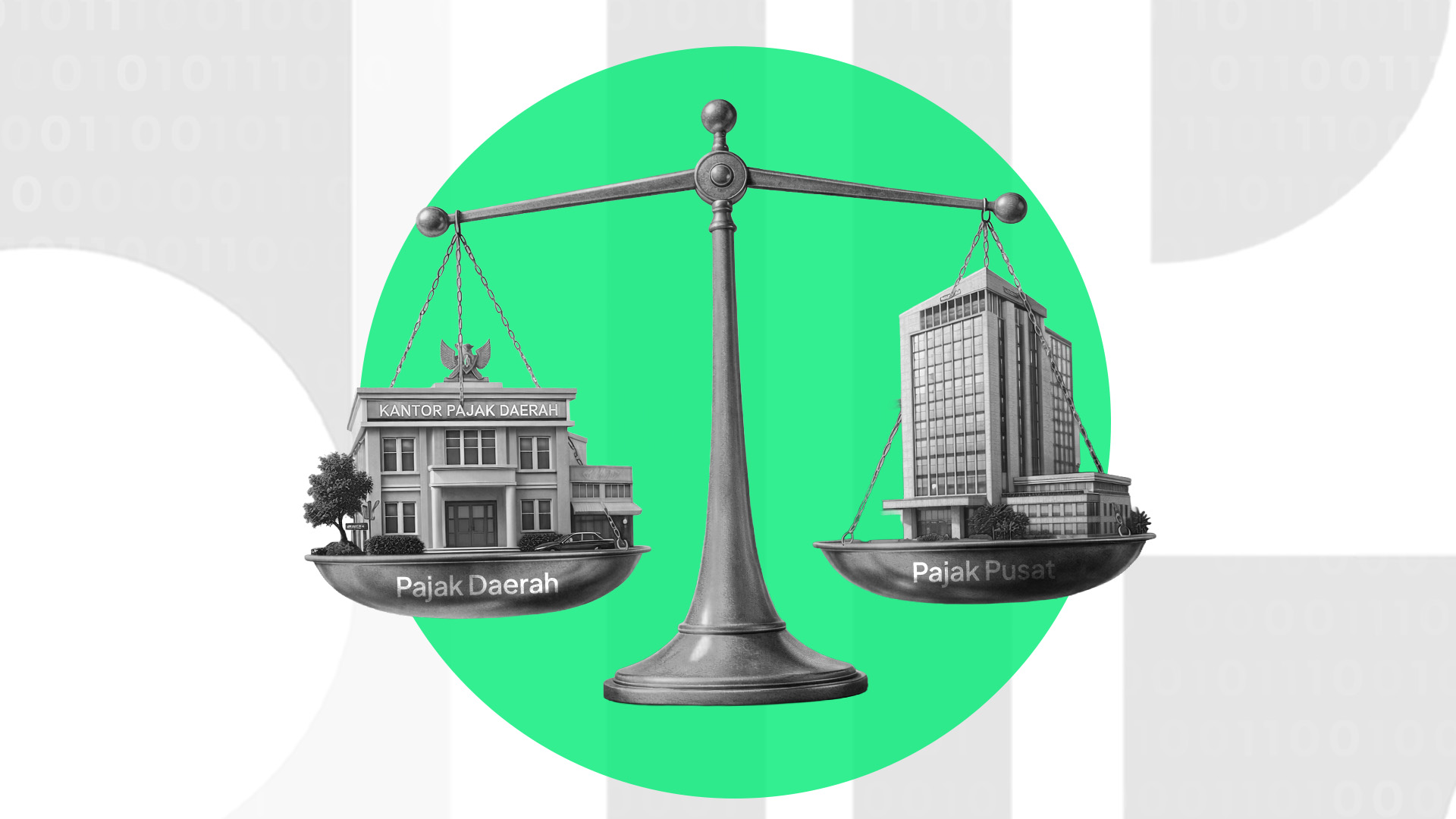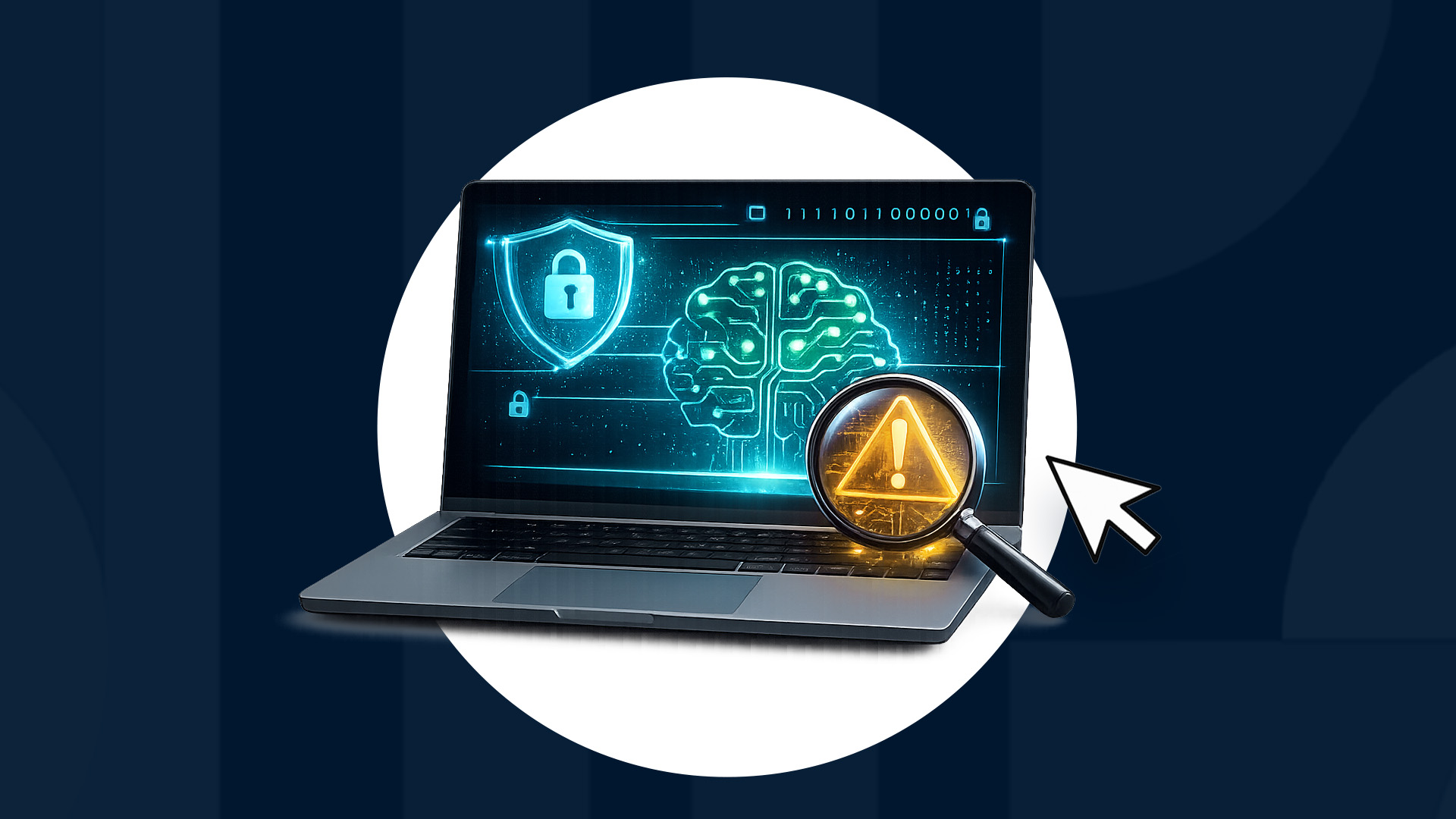The presence of the digital economy has significantly influenced Indonesia's economic landscape. The Minister of Finance predicted that Indonesia’s digital economy would reach a value of USD 70 billion by 2021, with digital payment transactions expected to grow to USD 1.2 trillion by 2025.
With robust infrastructure and high technological adaptability, Indonesia has the potential to become one of the key players in the digital economy. But what exactly is the digital economy? What are some real-world examples in Indonesia? Here is an in-depth review.
Definition of the Digital Economy
The digital economy refers to an economic system that relies on digital technology to conduct various economic activities. This term encompasses all economic transactions that take place online, from e-commerce and fintech to various other online services.
The digital economy facilitates the exchange of goods, services, and information through digital platforms, supported by technologies such as the internet, cloud computing, the Internet of Things (IoT), and artificial intelligence (AI).
To be classified as a digital economy, the following characteristics must be met:
- Knowledge-based: Driven by digital literacy and expertise.
- Digitization: Processes, transactions, and interactions occur digitally.
- Virtualization: Activities are conducted online without physical interaction.
- Molecularization: Small-scale businesses and individuals can participate.
- Integration/Internetworking: Seamless connectivity between systems and services.
- Disintermediation: Eliminates unnecessary intermediaries, making transactions more efficient.
- Convergence: Integration of multiple technologies into a single platform.
- Innovation: Encourages continuous advancements in technology and services.
- Prosumption: Users act as both producers and consumers of digital content and services.
- Immediacy: Real-time access to data, services, and transactions.
- Globalization: Expands economic reach beyond geographic borders.
- Discordance: Rapid technological changes may create disruptions and challenges.
Benefits and Purpose of the Digital Economy
The digital economy has developed alongside technological advancements that facilitate global interaction. Below are some of the key benefits and reasons for its emergence:
1. Enhancing Efficiency and Productivity
The digital economy streamlines business processes by reducing the time and costs associated with daily operations. For example, utilizing the internet for commerce or leveraging AI to optimize business workflows.
2. Expanding Market Access
The digital economy enables businesses to reach a broader market without geographical limitations. Small and medium enterprises (SMEs) in remote areas, for example, can compete with larger corporations in global markets.
3. Cost Reduction
Integrating digital technology into business operations can significantly lower logistics, administrative, and marketing costs. Digital marketing, for instance, is more cost-effective than traditional advertising through television or print media.
4. Driving Innovation
The digital economy fosters innovation by creating opportunities for new products and services. Digital technology allows businesses to develop more sophisticated and efficient solutions, ensuring they remain competitive.
5. Improving Information Access
Technology in the digital economy is not only useful for business operations but also for information accessibility. Consumers, business owners, investors, vendors, and other stakeholders can access relevant data in real time, facilitating better and faster decision-making.
Examples of the Digital Economy
Here are some real-world examples of the digital economy in Indonesia, many of which you may already be familiar with:
1. E-Commerce
E-commerce is one of the most prominent aspects of the digital economy. Online shopping platforms allow consumers to buy products quickly and conveniently.
2. Fintech
Fintech (financial technology) leverages digital tools to enhance financial services. This includes digital payments, loan applications, investment management, and financial planning.
3. Streaming Services
Streaming platforms such as Netflix, Spotify, and YouTube are part of the digital economy, offering entertainment content online. Users can watch movies, listen to music, and access videos on various internet-connected devices.
4. Ride-Hailing and Delivery Services
Ride-hailing and food delivery applications are key examples of the digital economy, connecting users with transportation and logistics services through digital platforms.
5. Online Service Providers
The digital economy extends to online service providers, such as home cleaning, caregiving, and appliance repair services, which can be accessed through digital platforms.
Challenges of the Digital Economy
Despite its rapid growth and integration into everyday life, the digital economy still faces several challenges:
1. Digital Divide
Not everyone has equal access to digital technology. The gap between urban and rural areas, as well as economic disparities, can hinder the full potential of the digital economy.
2. Cultural and Workplace Adaptation
Digital transformation requires changes in workplace culture. Work schedules, locations, and skill requirements must be adjusted to align with new technological developments. Businesses must ensure employees are digitally competent to keep up with these changes.
3. Regulatory Compliance
Governments must establish regulations that support digital economic growth while ensuring consumer protection and fair competition. Businesses, in turn, must comply with various legal and regulatory requirements.
4. Intellectual Property Protection
With the growth of the digital economy, protecting intellectual property rights has become increasingly important. Businesses must safeguard their innovations and products from copyright infringement and patent violations.
5. Data Security and Privacy
One of the biggest challenges in the digital economy is ensuring data security and user privacy. Cyberattacks, identity theft, and data breaches are significant risks that must be addressed by both companies and governments.
Identity theft can lead to severe financial and reputational damage. Victims may find their personal information used to apply for online loans, open fraudulent bank accounts, or even drain their savings. For financial service providers, identity fraud can erode consumer trust and result in substantial losses.
Strengthening Security in the Digital Economy
The digital economy brings numerous benefits and opportunities, but it also presents risks that must be managed. Identity theft and data breaches should be key concerns when aiming to maximize the potential of Indonesia’s digital economy.
Businesses must ensure that user identities are not compromised. Implementing robust security measures from user registration to transaction verification is crucial. VIDA provides a comprehensive security system with end-to-end solutions, including identity verification, authentication, and digital signatures. VIDA’s verification and authentication processes are enhanced by VIDA Deepfake Shield, a cutting-edge solution designed to prevent deepfake fraudsters from accessing personal data.
By prioritizing security, businesses can foster trust and ensure sustainable growth in the digital economy.

.png)

.jpeg)
